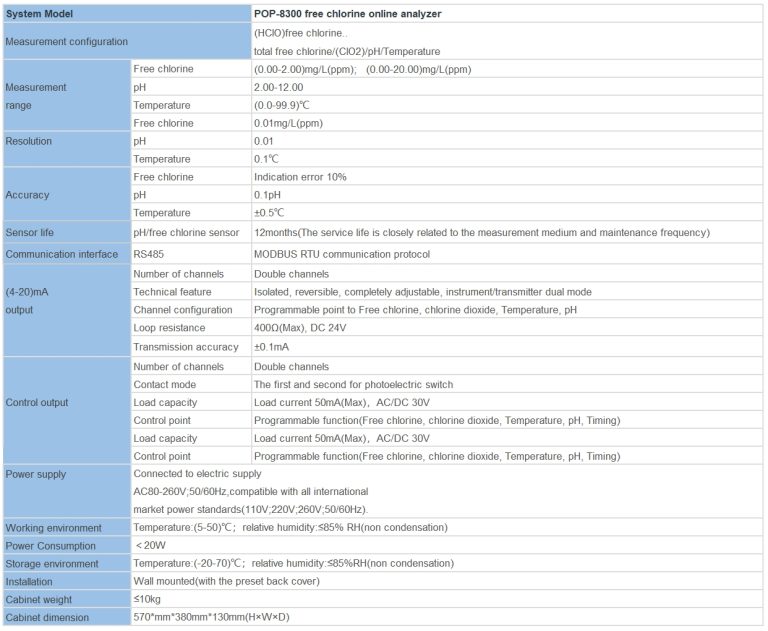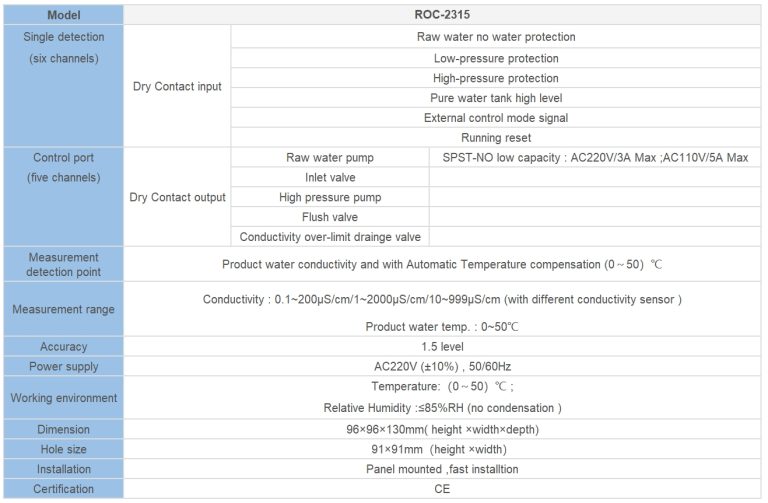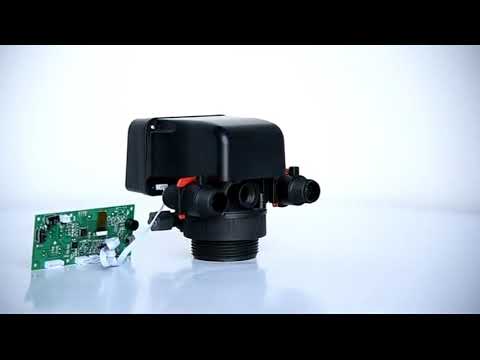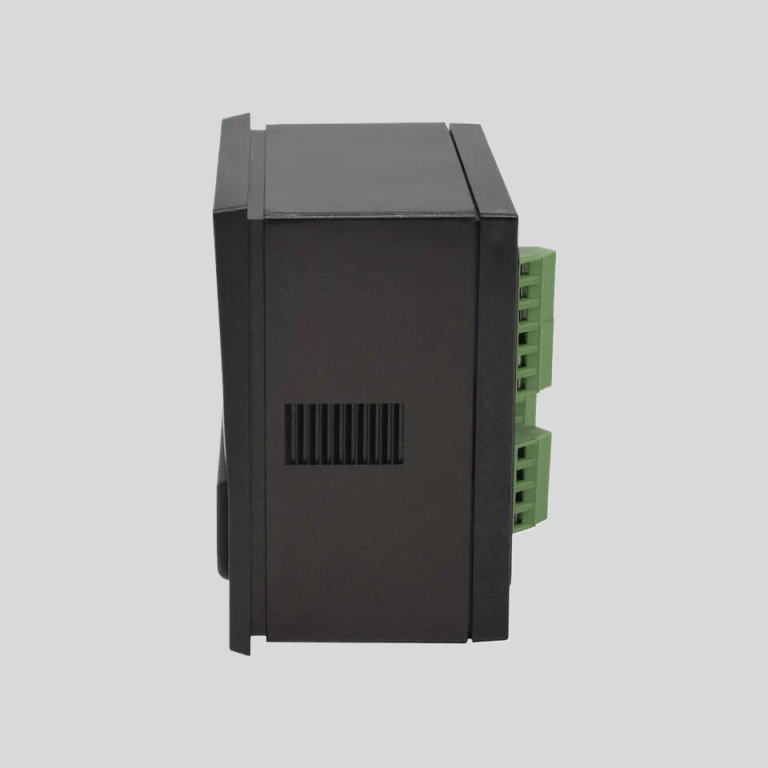“Clean water, pure living – choose the right filtration system for your home.”
Types of Water Filtration Systems for Home Use
Water is an essential element for life, and having access to clean, safe drinking water is crucial for maintaining good health. With concerns about water quality on the rise, many homeowners are turning to water filtration systems to ensure that the water coming out of their taps is free from contaminants. But with so many options available on the market, it can be overwhelming to choose the right water filtration system for your home. In this article, we will explore the different types of water filtration systems available for home use to help you make an informed decision.
One of the most common types of water filtration systems is the pitcher filter. These are simple, affordable devices that are easy to use and require no installation. Pitcher filters work by pouring water into a pitcher with a built-in filter that removes impurities as the water passes through. While pitcher filters are effective at improving the taste and odor of water, they may not be as effective at removing certain contaminants like lead or bacteria.
Another popular option is the faucet-mounted filter. These filters attach directly to your faucet and filter water as it flows out. Faucet-mounted filters are convenient and easy to install, making them a popular choice for homeowners looking for a simple solution to improve water quality. However, like pitcher filters, faucet-mounted filters may not be as effective at removing certain contaminants.
For homeowners looking for a more comprehensive solution, under-sink filters are a great option. These filters are installed under the sink and connect to the existing plumbing to provide filtered water directly from the tap. Under-sink filters are more effective at removing a wide range of contaminants, including lead, chlorine, and bacteria, making them a popular choice for those concerned about water quality.
Reverse osmosis systems are another type of water filtration system that is highly effective at removing contaminants from water. These systems use a multi-stage filtration process to remove impurities, producing clean, pure water that is free from contaminants. While reverse osmosis systems are more expensive and require professional installation, they are considered one of the most effective ways to ensure clean, safe drinking water.
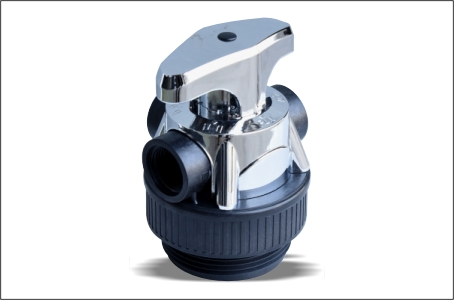
For homeowners looking for a more environmentally friendly option, a whole-house filtration system may be the best choice. These systems are installed at the point where water enters the home and filter all the water that comes out of every tap. Whole-house filtration systems are effective at removing a wide range of contaminants and provide clean, safe water for drinking, cooking, and bathing. While whole-house filtration systems are more expensive and require professional installation, they offer the convenience of having filtered water throughout the entire home.
| Model | Valve Material | Inlet/Outlet | Continuous (0.1Mpa drop) | Peak (0.175Mpa drop) | Cv** | Maximum Backwash (0.175Mpa drop) | Distributor Pilot | Drain Line | Brine Line | Mounting Base | Height (from top of the tank) |
| CM29 | Unleaded brass | 2″ | 24.09m³/h | 31.81m³/h | 27.5 | 25gpm | 1.5″I.D. | 3/4″(male) | 1/2″, (3/8″) | 4″-8UN | 12″ |
In conclusion, choosing the right water filtration system for your home depends on your specific needs and concerns about water quality. Whether you opt for a simple pitcher filter, a convenient faucet-mounted filter, a comprehensive under-sink filter, a highly effective reverse osmosis system, or an environmentally friendly whole-house filtration system, there are options available to suit every budget and preference. By understanding the different types of water filtration systems available, you can make an informed decision to ensure that you and your family have access to clean, safe drinking water.


